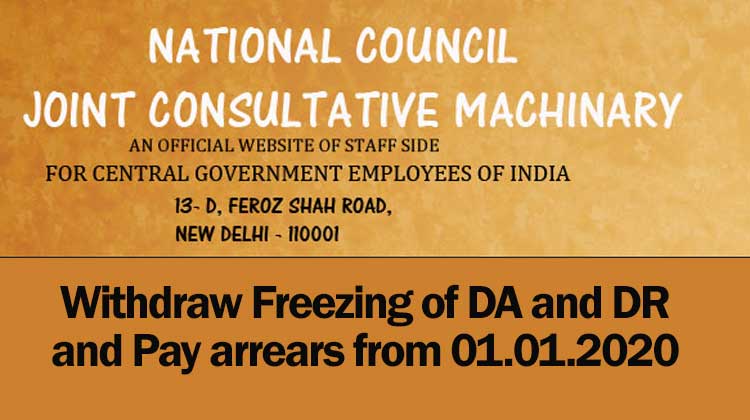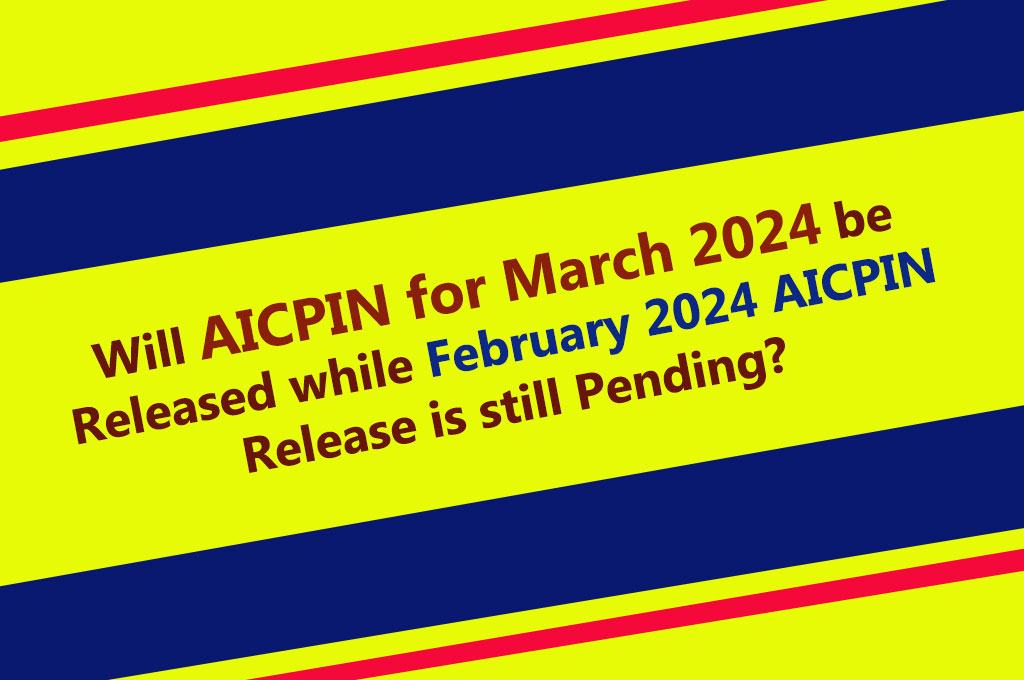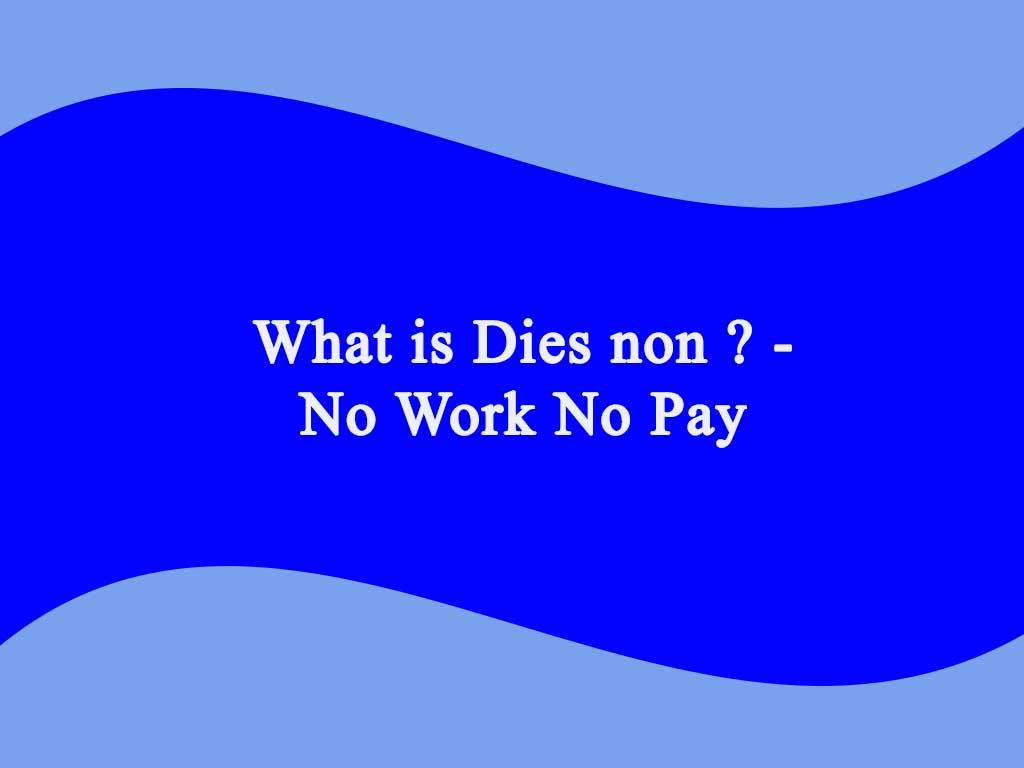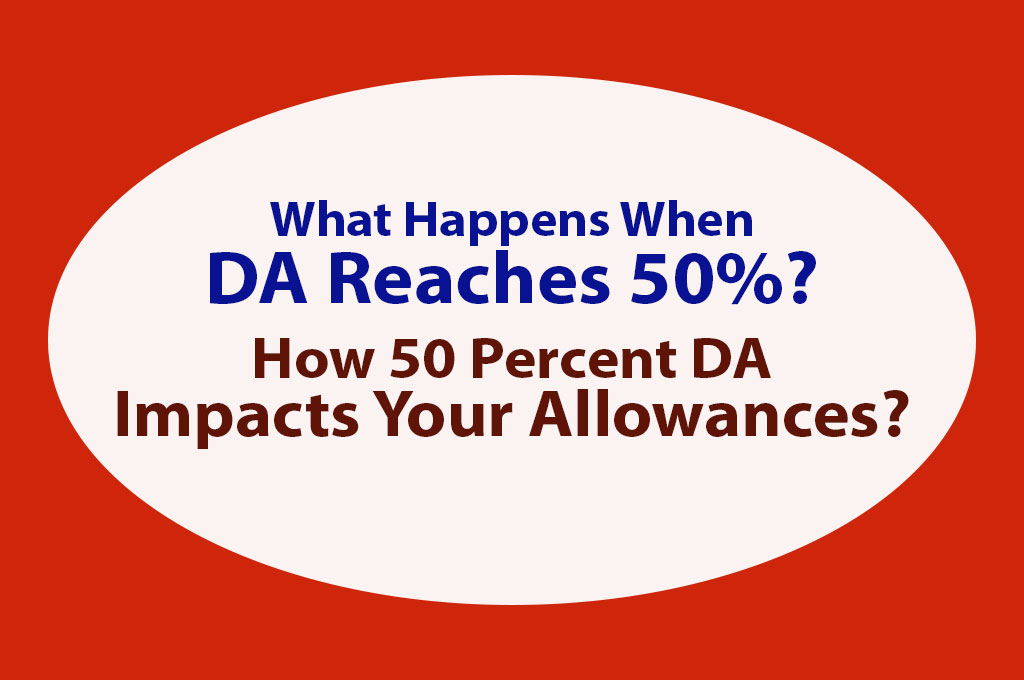7th Pay Commission : A Comparative Analysis on government’s reply to this demand
After we published an article on ‘7th pay commission projected pay scale’ on 11.2.2013, a detailed analysis on the demand of seventh pay commission and the government response to this demand has been posted in karnatakacoc.blogspot.in blog. Really it deserved appreciation for the work and effort put into this to get this done. It is a neat and clean report. Because the author of this article has taken three objectives to counter the governments answer with facts and figures to justify the demand is genuine and need of the hour. The three objectives are,
1) The 6th CPC has not recommended the DA merger and has recommended 25% increase in certain allowances.
2) The DA as recommended as per the Consumer price index is released which works out to 80% as on 1/1/2013. So whenever the prices have gone up DA is provided to compensate the rising of prices.
3) If another Central Pay Commission is set up there will be huge burden on common man, at this stage the Government of India cannot afford to set up 7th CPC
The above statement of the government has been countered well in this article to prove that the federation’s demand is right. The following observations are enough to justify the demand is reasonable.
– The actual cost of prices have gone up over 200% and the actual DA we are getting is only 80%. The Consumer Price Index has crossed more than 110 points from 116 as on 1/12006 to 226 points as on April 2013. In that case the actual DA should have been 110 % not just 87% as on April 2013
– The Average of the past 12 months should be removed and the division factor of 115.76 is also not correct. The weighted of three months average should have been taken in account rather than 12 months average, by this today DA would be 108% rather than 87%. when we are getting DA in six months, why should we go for 12 months average
– The actual wage bill is just 8.5 % of the revenue collection. The Government being model employer should pay its employees the real wages.
The report of karnatakacoc.blogspot.in’s on 7th Pay commission demand is given below
7th CPC Demand
Comrades,
Confederation of Central Government Employees and Workers have been demanding constitution of the 7th CPC, DA merger , and other 15 charter of common demands of the Central Government Employees apart from 48 common demands of the CG Employees which has been accepted by the Kolkatta conference.
The Common questions & answers which the Government of India has been answering is that as follows.
1) The 6th CPC has not recommended the DA merger has recommended 25% increase in certain allowances.
2) The 6th CPC has not recommended the constitution of the 7th CPC and is silent on this issue.
3) Normally it takes 10 years to set up another Central Pay Commission.
4) The DA as recommended as per the Consumer price index is released which works out to 80% as on 1/1/2013. So when ever the prices have gone up DA is provided to compensate the rising of prices.
5) If another Central Pay Commission is set up there will be huge burden on common man, at this stage the Government of India cannot afford to set up 7th CPC
6) The anomalies are being taken up the National anomalies committee
Now comrades the above reply are standard in nature, all the above questions are answered in the following text.
If we really look at the DA and the Cost of living we can find that the actual cost of prices have gone up over 200% and the actual DA we are getting is only 80%. Hence there is a big gap between the actual price rise and the real DA we get there are many factors behind it, hence 7th CPC and DA merger are too vital things to bridge the Gap between the actual spending and the actual salary. For example in case of an MTS / LDC / Postmen his salary will be around Rs 15,000/- The actual spending is Rs 25,000/ which includes house rent of Rs 8,000/- (against Rs 3000/- as HRA) light bill, water bill telephone bill, petrol bill, local travelling etc itself will account for Rs 5000/- apart from purchase of provisions and vegetables which accounts for Rs 12,000/ for a family of 4 persons. Apart from above there will be many unforeseen expense such as attending marriages, medical, Children education expenses, which may work out more than Rs 30,000/- today the salary given to the CG Employees by the Central Government are insufficient. The minimum wages should be Rs 25,000/- the actual salary should be doubled.
Today the Government has itself admitted that the inflation is around 11% and the Consumer Price Index has crossed more than 110 points from 116 as on 1/12006 to 226 points as on April 2013. In that case the actual DA should have been 110 % not just 87% as on April 2013.
Once the price rise is more than 100% ,we are entitled for an Central Pay Commission and DA merger. Comparing price rise in last 30 yrs are so we can observe in last six years the price rise graph has risen dramatically, ie the prices have increased to a maximum beyond common mans reach, the rupee value has gone down drastically , internationally the dollar rate is higher, GDP is very low just around 6%. The purchasing power has gone down. The value of our salary six years back and now if we make a simple compare, our salary is nothing compared to private market. Now we observe that the Banks, LIC & PSU wages are revised every 5 years. As far as CG Employees it is more than 10 yrs. The DA has crossed more than 50% as on 1/1/2011. We should demand 7th CPC effective day from that day ie 1/1/2011.
The DA merger was accepted principal of many CPC and 5th CPC had recommended it there by if DA merger is implemented our salary will increase by 20 to 25 %. and we should get arrears from 1/1/2011. This will also affect other allowances such as HRA, Tour TA/DA etc. The present DA as on April 2013 is 87%. and in a span of one year it will cross 100%. there by dual benefit we should get.
The Railways have got the benefit in revision of many allowances let it be OTA, NDA, Compassionate appointment etc. Where as for other CG Employees many of the allowances are not revised from past 15 years or so
Even the 5th & 6th CPC Pay Anomalies are not rectified even after many years. there is discontent amongst the employees.
The actual wage bill is just 8.5 % of the revenue collection. The Government being model employer should pay its employees the real wages.
Our joint struggles have yielded results in the past we have to once again wage a long battle before the Government, the above statements by the Government will also undergo a change if we are serious about the issue.
If we look at the actual prices recommended by 6th CPC wide para number 2,21 and the current prices we can notice that
6th CPC rates and present rates common items used on daily basis
Comparative Chart:
Comparative Chart: | ||||||
| Sl.No | Item | Per | 6th CPC rates | Rates | Rates as | % change |
| in Rs as in | as per CPI | per Market | compare | |||
| table 2.21 | in Rs | in Rs | to 6th CPC | |||
| as on 1.1.2006 | as on 1.1.13 | as on 1.1.13 | prices | |||
1 | Rice | Kg | 18 | 26 | 55 | 266 |
2 | Dal (Toor/ urd) | Kg | 40 | 59 | 85 | 145 |
3 | Raw Veg | Kg | 10 | 15 | 50 | 500 |
4 | Greenleaf Veg | Kg | 10 | 14 | 25 | 250 |
5 | Other Veg | Kg | 10 | 17 | 40 | 400 |
6 | Fruits | Kg | 30 | 25 | 80 | 266 |
7 | Milk | lt | 24 | 26 | 34 | 125 |
8 | Sugar and jaggery | Kg | 24 | 34 | 40 | 166 |
9 | Edible Oil | Kg | 50 | 96 | 100 | 200 |
10 | Fish | Kg | 120 | 157 | 320 | 266 |
11 | Meat | Kg | 120 | 257 | 320 | 266 |
12 | Egg each | each | 2 | 4 | 5 | 250 |
13 | Detergents etc | Kg | 200 | 240 | 350 | 175 |
14 | Clothing | Mt | 80 | 61 | 150 | 187 |
15 | Cokked meals | 32 | 70 | 187 | ||
CPI: Consumer Price Index published by Government of India
Market Rates as per local market rates in Bangalore
There are nearly 252 items in the consumer basket for determination of consumer price index, in real terms the essential items for determination of CPI should have been only 52 items as per need based wages, by keeping a vast items in the basket the actual price rise is not reflected.
The actual DA for central government employees should have been 200 % not just 80% as on 1/1/2013. The Consumer Price Index of 2001 which was at 115 points as on 1/1/2006 should have been more than 300 points rather than at 219 points as on 1/1/2013. The Miscellaneous articles weight age accounts for 25%. the food articles accounts for 58% weight age . Even if the rise in food articles is there, the cost of TV , Computer, Mobile etc where there is reduction is taking place , thus depriving of the actual increase in CPI. Overall the Consumer Price Index for the CG Employees is not satisfactory, this has deprived us of the actual DA & wages.
Current DA formula
Dearness Allowance = (Avg of AICPI for the past 12 months – 115.76)*100/115.76
by which is the DA for entire year of 2006 was only 2% due to faulty formula.
The Average of the past 12 months should be removed and the division factor of 115.76 is also not correct. The weighted of three months average should have been taken in account rather than 12 months average, by this today DA would be 108% rather than 87%. when we are getting DA in six months, why should we go for 12 months average.
.
The actual cost of the goods at villages and the cities are differently different The cost of one kg of tomato will cost around Rs 15 in a village after it brought to a retails shop in a city it is sold at Rs 40/- per kg. The weightage of just 20% is not correct it should be 40% .
The whole system of the All India Consumer Price Index Number for Industrial Workers (CPI-IW) on base 2001=100 & DA formula for the Government employees is wrong and needs a relook.
.
.
Now the question of government paying capacity we can observe that actual spending on wage bill is on 8.5% of the revenue collection compared to 30% earlier days.
The background of the demand for setting up the 7th CPC raised by the Central Government employees on the ground that the wage revision was due in January, 2011,it would be pertinent to examine the wages as a ratio to the revenue resources and revenue expenditure of the GOI in the crucial years 1960-61`,1975-=76, 1986-087, 1997-98 and 2006-07 the relevant years in which the 2nd, 3rd,4th 5th and 6th CPC recommendations were given effect to. It is not difficult to discern the declining trend over the years , which is suggestive of the erosion in the real wages of the Public servants in India.
| Year | Revenue Budget | Wage Bill | Wage Bill as % of | ||
| Total Revenue receipts | Total Revenue Expenditure. | Revenue Receipts | Revenue expenditure. | ||
| 1960-61 | 1,297 | 1,246 | 417 | 31.3 | 33.5 |
| 1975-76 | 8,075 | 7,189 | 1,887 | 22.0 | 22.8 |
| 1986-87 | 33,083 | 40,860 | 6,100 | 18.4 | 14.9 |
| 1997-98 | 1,33,901 | 1,80,350 | 27,430 | 20.5 | 15.2 |
| 2006-07(BudgetEstimate) | 4,03,465 | 4,88,192 | 41,770 | 10.4 | 08.5 |
We could see the emerging picture of a declining trend in the ratio of wages and salaries both with reference to revenue receipts and revenue expenditure.
| Years | Total Rev. Receipts | Total Rev. Expenditure | Wages & Salary Bill Amount Value | Wage Bill as % of Revenue Receipt | Wage Bill as % of Revenue Expenditure |
| 1991-92 | 66,047 | 82,308 | 10,744 | 16.3 | 13.1 |
| 1992-93 | 74,128 | 92,702 | 13,397 | 18.1 | 14.5 |
| 1993-94 | 75,453 | 108169 | 14585 | 19.3 | 13.5 |
| 1994-95 | 91,083 | 122112 | 15721 | 17.3 | 12.9 |
| 1995-96 | 110130 | 139860 | 18023 | 16.4 | 12.9 |
| 1996-97 | 126279 | 158988 | 20396 | 15.6 | 12.8 |
| 1997-98 | 133901 | 180350 | 27430 | 20.5 | 15.2 |
| 1998-99 | 149510 | 217419 | 31560 | 21.1 | 14.5 |
| 1999-00 | 181513 | 249109 | 33978 | 18.7 | 13.6 |
| 2000-01 | 192624 | 277858 | 33986 | 17.6 | 12.2 |
| 2001-02 | 201449 | 301611 | 31407 | 15.6 | 10.4 |
| 2002-03 | 231748 | 339627 | 33317 | 14.4 | 9.8 |
| 2003-04 | 263878 | 362140 | 34554 | 13.1 | 9.5 |
| 2004-05 | 306013 | 384351 | 38653 | 12.6 | 10.1 |
| 2005-06RE | 348474 | 440295 | 40047 | 11.5 | 9.1 |
| 2006-07RE | 403465 | 488192 | 41774 | 10.4 | 8.5 |
source :karnatakacoc.blogspot.in



